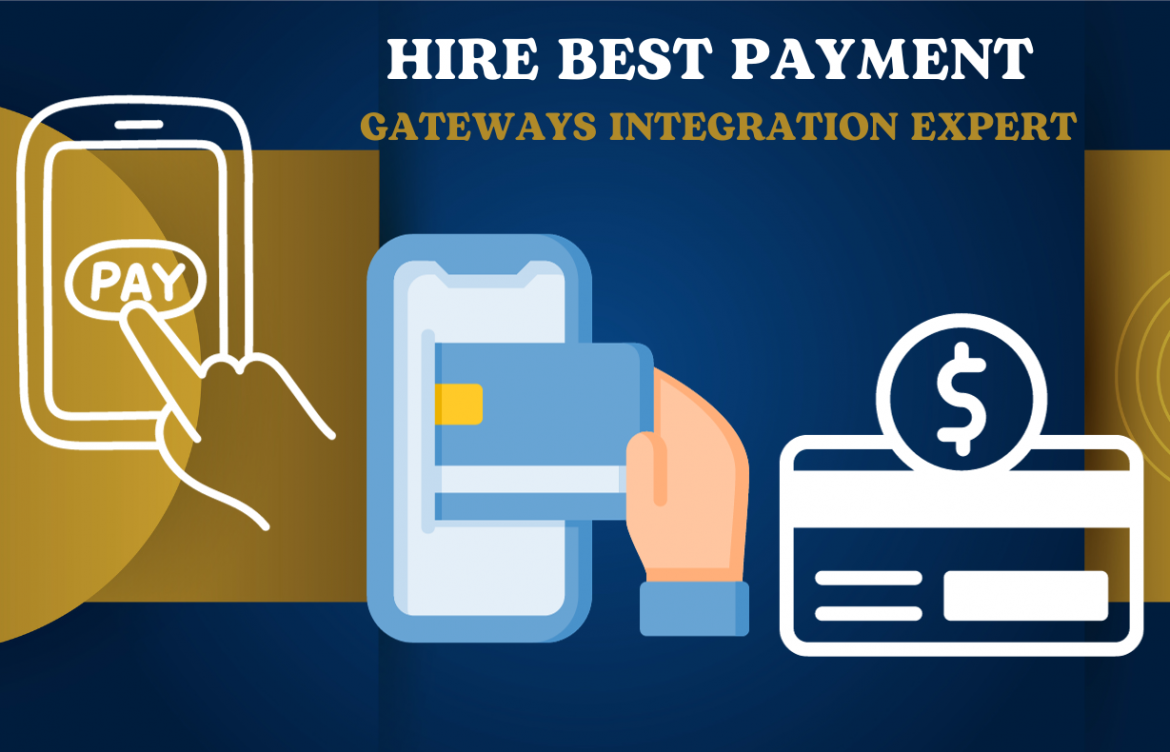
How to Choose the Best Payment Gateways for your ecommerce store or any kind of business
In the fast-paced digital marketplace, where convenience is key and transactions happen at the click of a button, the role of payment gateways in ecommerce cannot be overstated. These digital gatekeepers facilitate seamless, secure, and efficient online transactions, enhancing the customer experience and bolstering trust between buyers and sellers. Let’s delve into the why and how of payment gateways, exploring their pivotal role in the world of Shopify and ecommerce at large.
The Why: Elevating Customer Trust and Convenience
1. Security First: Payment gateways provide robust encryption and security measures, ensuring that sensitive customer data is safeguarded against cyber threats. This security blanket enhances customer confidence, encouraging them to make purchases without fear of data breaches.
2. Global Reach: Ecommerce knows no borders. Payment gateways enable transactions in various currencies, allowing businesses to cater to an international clientele effortlessly. This global accessibility broadens the customer base and amplifies revenue streams.
3. Seamless Transactions: Payment gateways facilitate swift and hassle-free transactions. Customers can make purchases with a variety of payment methods, from credit and debit cards to digital wallets. This seamless experience ensures higher conversion rates and fosters customer loyalty.
The How: Types of Payment Gateway Integrations
1. Stripe: Recognized for its flexibility and developer-friendly interface, Stripe is a popular choice. It supports various payment methods and currencies, making it ideal for international businesses. Its robust security features ensure safe transactions.
2. PayPal: A household name in online payments, PayPal offers a familiar and trusted platform for buyers. Its integration is seamless, and it supports multiple currencies, making it a go-to choice for ecommerce stores worldwide.
3. Square: Known for its user-friendly interface and transparent fee structure, Square is favored by small and medium-sized businesses. It offers a range of tools beyond payment processing, making it a comprehensive solution for entrepreneurs.
4. Authorize.Net: A pioneer in online payment solutions, Authorize.Net provides a reliable and secure platform. It supports various payment methods and offers advanced fraud detection tools, ensuring a secure transaction environment.
“Choosing the Best Payment Gateway for Your Ecommerce Store”
Selecting the right payment gateway for your ecommerce venture is crucial. Consider factors such as transaction fees, supported payment methods, security features, and ease of integration. Research the best payment gateways for ecommerce stores and ecommerce websites, ensuring your choice aligns with your business needs and customer preferences.
In the ever-evolving world of ecommerce, payment gateways are the backbone of secure online transactions. Their seamless integration not only enhances customer trust but also streamlines the purchasing process, propelling your business toward success. Choose wisely, and watch your ecommerce venture flourish in the digital landscape.
However, like any technology, payment gateways come with their own set of advantages and disadvantages, making the selection process a nuanced strategic endeavor for businesses. Let’s delve into the intricacies of payment gateways, exploring their benefits and challenges, and shedding light on their pivotal role in the world of ecommerce.
The Advantages of Payment Gateways
1. Robust Security: One of the foremost advantages of payment gateways is their impenetrable security measures. Employing encryption technologies, they shield sensitive customer data, ensuring transactions occur in a safe digital environment.
2. Global Accessibility: Payment gateways empower businesses to engage in international trade seamlessly. Supporting multiple currencies and diverse payment methods, they obliterate geographical barriers, enabling businesses to tap into a global customer base.
3. Enhanced User Experience: A streamlined checkout process is integral to customer satisfaction. Payment gateways offer a user-friendly interface, ensuring customers can complete transactions swiftly, leading to increased conversion rates.
4. Efficiency and Automation: Payment gateways automate payment processes, reducing the need for manual intervention. This efficiency not only saves time but also minimizes the risk of errors, ensuring transactions are processed accurately.
The Disadvantages of Payment Gateways:
1. Transaction Fees: Most payment gateways charge transaction fees, which can impact profit margins, especially for businesses with high sales volumes. These fees vary, and businesses must carefully consider them in their financial planning.
2. Technical Glitches: As with any technology, payment gateways are susceptible to technical issues. Downtime or glitches can disrupt the payment process, leading to potential loss of sales and customer trust.
3. Chargebacks and Fraud: Payment gateways aren’t immune to fraud or chargeback disputes. Businesses must implement robust fraud detection mechanisms to prevent unauthorized transactions and handle chargeback claims effectively.
4. Dependency on Third Parties: Payment gateways rely on various third-party services. Any disruption in these services can affect the payment process. Businesses should choose reliable payment gateway providers to mitigate this risk.
Strategic Decision-Making: Selecting the Right Payment Gateway
Choosing the optimal payment gateway necessitates a meticulous evaluation of the business model, customer expectations, and financial considerations. Businesses must weigh the advantages against the disadvantages, aligning the chosen gateway with their specific needs. Research, testing, and continuous monitoring are key to ensuring the selected payment gateway not only enhances the user experience but also aligns with the business’s financial goals.
As businesses navigate the complexities of the digital marketplace, the strategic integration of payment gateways becomes a beacon of reliability, fostering customer trust and propelling ecommerce ventures toward sustained success.
Hope this helps you!!!!!!!
